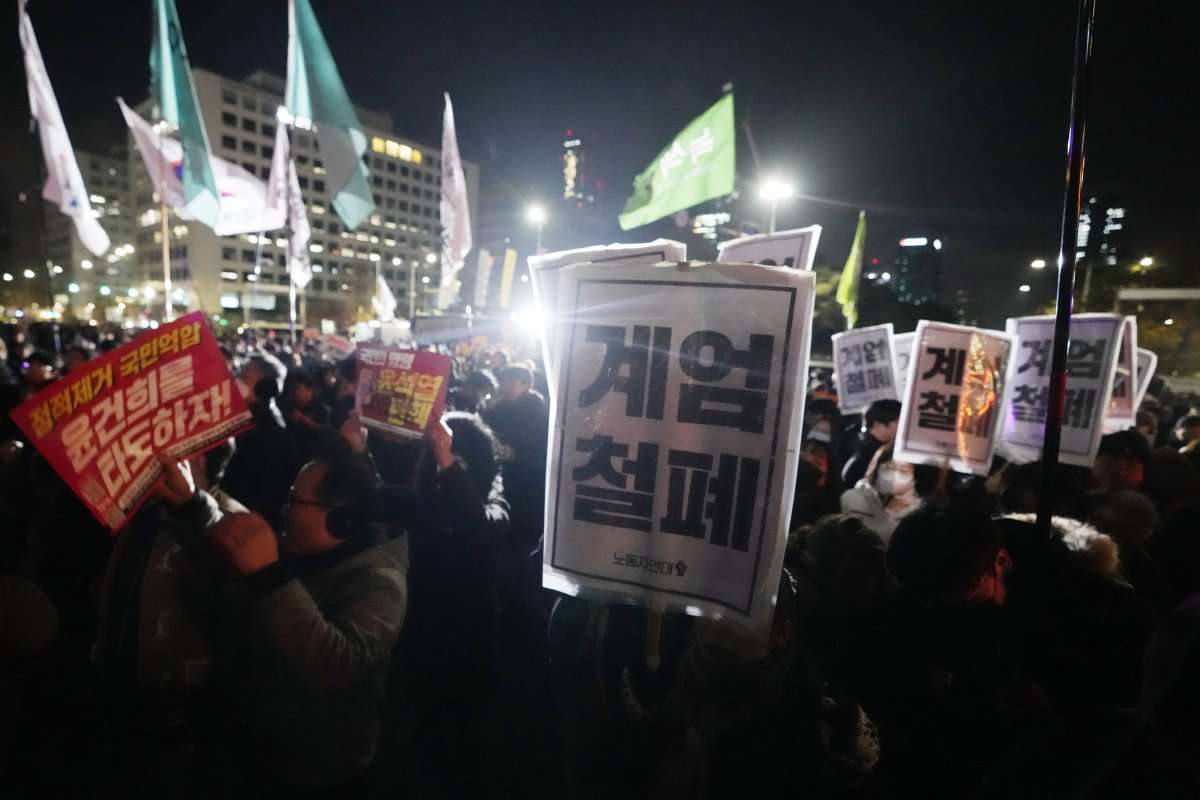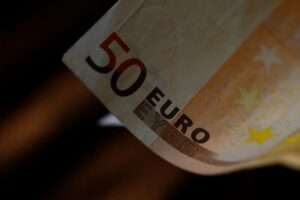South Korea Stocks Drop as Political Crisis Unfolds
South Korean financial markets faced significant upheaval as political uncertainty loomed large following opposition parties’ push to impeach President Yoon Suk Yeol. This unexpected development rattled the nation’s stock market and currency, leading policymakers to take swift and decisive action to stabilize the situation.
In this article, we will explore the key factors behind the financial turmoil, the government’s response, and the potential implications for South Korea’s economy.
Political Crisis and Market Reaction
The Kospi Index Declines
The benchmark Kospi index fell by 1.4%, recovering slightly after deeper losses earlier in the trading day. Financial institutions bore the brunt of the sell-off, with an index tracking the financial sector plummeting 4%, reflecting heightened economic unease. Prominent companies like Samsung Electronics and Hyundai Motor also faced declines, shedding 1% and 2%, respectively.
South Korea’s Underperforming Market
South Korea’s stock market was already lagging behind global counterparts. The Kospi has dropped more than 7% this year, contrasting starkly with the double-digit gains observed in many other major indexes across Asia and beyond.
The nation’s currency, the South Korean won, has also struggled. After a steep overnight drop, the won showed signs of recovery on Wednesday but remained down nearly 8% against the dollar this year, making it one of Asia’s weakest currencies.
Government’s Swift Response to Stabilize Markets
“Unlimited Liquidity Support”
In the wake of the financial turmoil, South Korea’s Finance Minister Choi Sang-mok convened an emergency meeting alongside the central bank and key financial regulators. The group pledged to provide “unlimited liquidity support” to stabilize the stock, bond, and currency markets.
Minister Choi reassured the public, stating:
“The government will do its best to address economic concerns and minimize disruptions in entrepreneurial and daily activities.”
Central Bank Interventions
The Bank of Korea called an emergency meeting and announced plans to actively intervene to calm market anxieties and address currency fluctuations. Notably, the central bank had already cut interest rates unexpectedly the previous week, citing uncertainties linked to global economic conditions and the policies of the U.S. administration.
Political Uncertainty and Investor Sentiment
Calls for President Yoon’s Resignation
As opposition lawmakers demanded President Yoon step down, analysts speculated on the potential duration and severity of the political unrest. While uncertainty remains high, swift responses from South Korea’s Bank of Korea and Ministry of Finance have helped reassure investors.
Market Analysts’ Perspective
Analysts at BMI, a unit of Fitch Solutions, stated that while political uncertainty might persist, its implications on the economy and financial markets would likely remain limited due to proactive measures by policymakers. They also noted that risks to the won should stay contained as a result of these interventions.
Unexpected Market Winners Amid Chaos
Amid the broader market downturn, some companies experienced gains. Notably, Kakao, a prominent social media and payments app, surged by 7% on speculation about potential changes in antitrust policies under a new administration.
This increase comes despite President Yoon’s previous criticism of Kakao’s dominant ride-hailing service, which he described as a “tyranny.”
The Broader Economic Implications
Stress Test for Democratic Institutions
While South Korea’s democratic institutions have withstood the crisis, the incident has raised concerns about political stability and its impact on investor confidence. Krishna Guha, vice chairman of Evercore ISI, remarked:
“South Korea’s democratic institutions and culture have withstood the stress test. But it is extraordinary and troubling that it happened at all.”
Future Outlook
The ongoing political uncertainty underscores the importance of resilient financial and governance systems. While swift action by authorities has provided temporary relief, the long-term implications for South Korea’s economy will depend on how the political crisis unfolds in the coming weeks.
Key Takeaways
- The Kospi index fell 1.4%, reflecting broader economic unease.
- Major financial institutions and leading companies, including Samsung and Hyundai, experienced losses.
- South Korea’s government pledged “unlimited liquidity support” to stabilize financial markets.
- Political uncertainty persists as opposition parties push for President Yoon’s impeachment.
- Despite the turmoil, some companies, like Kakao, saw gains due to potential policy changes.
Frequently Asked Questions (FAQs)
1. Why did South Korean stocks drop significantly?
The drop was primarily triggered by political uncertainty following opposition parties’ move to impeach President Yoon Suk Yeol. This, coupled with existing economic challenges, led to market instability.
2. What is the role of the Bank of Korea in this crisis?
The Bank of Korea played a critical role by convening emergency meetings, cutting interest rates, and implementing measures to address market volatility and currency fluctuations.
3. How has the South Korean won performed in recent months?
The South Korean won has been one of Asia’s weakest currencies, declining by over 8% against the dollar this year.
4. Are there any market winners despite the turmoil?
Yes, companies like Kakao gained significantly, with its stock rising by 7%, due to speculation about potential policy shifts under a new administration.
5. What steps has the government taken to stabilize the economy?
The government has pledged unlimited liquidity support, daily monitoring of financial markets, and close communication with global economic authorities to minimize disruptions.
Conclusion
The political crisis in South Korea has placed immense pressure on its financial markets and currency. While swift interventions by policymakers have mitigated immediate risks, the long-term stability of the economy will depend on the resolution of the ongoing political turmoil. For investors and businesses, staying informed and prepared for potential changes in policy and governance is crucial in navigating this challenging period.














Post Comment